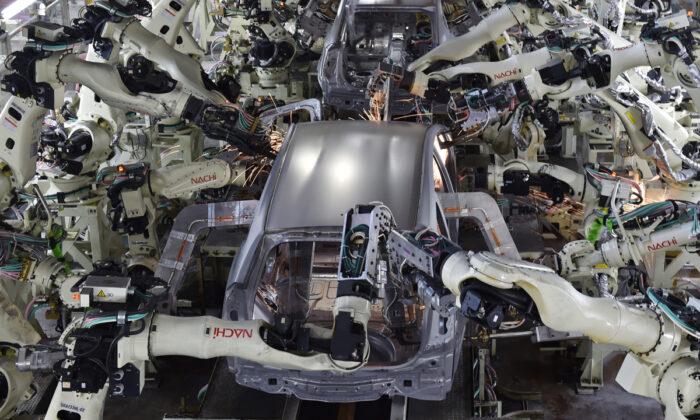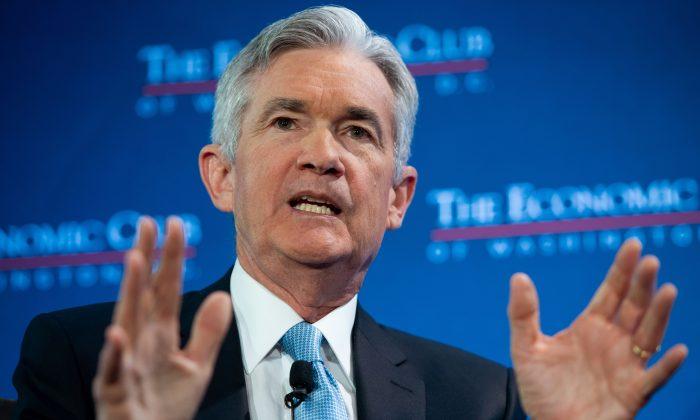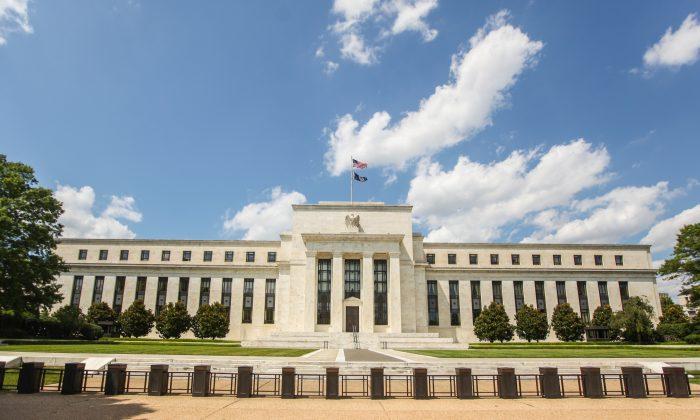Geopolitics, resource deals, and financial hegemony: These issues will drive the agenda when Russian President Vladimir Putin meets his Chinese counterpart Xi Jinping in Shanghai Tuesday. Whatever they agree to do ultimately, it won’t mean the end of the dollar as the world’s reserve currency.
The signing of a 30-year gas deal is at the heart of the meeting and will influence energy, politics, and finance.
The volume in terms of money and gas is staggering, which is probably why negotiations took 20 years to complete.
China will lend money to Russia for Gazprom to build two pipelines from Siberia to Northeast and Northwest China, transporting a maximum of 60 billion cubic meters of gas per year. The two countries have recently haggled over price and are likely to settle on $360 to $400 per 1,000 cubic meters, roughly comparable to what Germany is paying and importing.
At $400, we are talking about $24 billion that China will pay for gas delivery every year.
Construction is supposed to finish in 2018.
Geopolitics
Recent events in Ukraine significantly reduced Russia’s negotiating power in the short term and it had to agree to a lower price. However, it made up a bit of it with higher volumes and killed two birds with one stone in terms of long-term strategic benefits.
At this moment, about 80 percent of Gazprom’s exports go to Europe, which makes it dependent on that market. By diversifying its exports to China, Russia becomes less dependent on Europe, but Europe stays dependent on Russia.
China will also become more dependent on Russia for its gas imports, as Russia overtakes Turkmenistan as the No. 1 provider of the 53 billion cubic meters it imported in 2013.
While China becomes more dependent on Russia, however, it reduces its dependence on other energy sources, which it can control even less, and it does so for a good price. China is consuming energy very inefficiently, which is why it’s gobbling up resources anywhere it can find them. Last year, gas consumption rose 14 percent alone.
Trade Currency
As icing on the cake, China will likely pay Russia either in rubles or in yuan for the gas it consumes. This is important, as resource transactions usually settle in U.S. dollars, the reserve currency of the world.
The reader will have noticed that all figures have so far been given in dollars—nobody would even understand the price in yuan or rubles and would have to convert them back to dollars for reference.
However, it is perfectly possible for China and Russia to use the world reference price in dollars to settle their trades in yuan or rubles.
All they would have to do for that to happen is to let banks of both countries obtain licenses in the other countries and also start cooperation at the central bank level. Then Chinese companies could pay Gazprom in yuan, which it could sell to other Russian companies for rubles. These companies could then use the yuan to buy Chinese goods.
This way, the dollar is completely bypassed.
No End to Reserve Status
But that doesn’t mean the dollar’s end as the world’s reserve currency. Yes, China and Russia can settle their bilateral trade in rubles and yuan and this will reduce the international bid for the dollar. For a single project, that’s hardly noticeable, but if you combine all these deals globally, there will be downward pressure on the greenback.
But what happens if one country accumulates a surplus, for example if Russia imports less Chinese goods than it sells gas? It will have to invest it in the Chinese capital markets.
Normally central banks stash their reserves in government bonds like the world does with U.S. Treasuries, due to liquidity and presumed safety. But there aren’t a lot of centrally issued Chinese government bonds outstanding and the liquidity is dismal.
Again, just for the pipeline deal it would probably be workable, but not for all bilateral trade deals out there. The volume would just be too big.
Local government bonds? Chinese bank accounts? Chinese real estate? I assume Russia would give that a pass. Russia also doesn’t want to buy Treasuries, so it will likely use the yuan surplus to buy gold. Gold, like most other commodities on this planet, however, is still priced in U.S. dollars.




